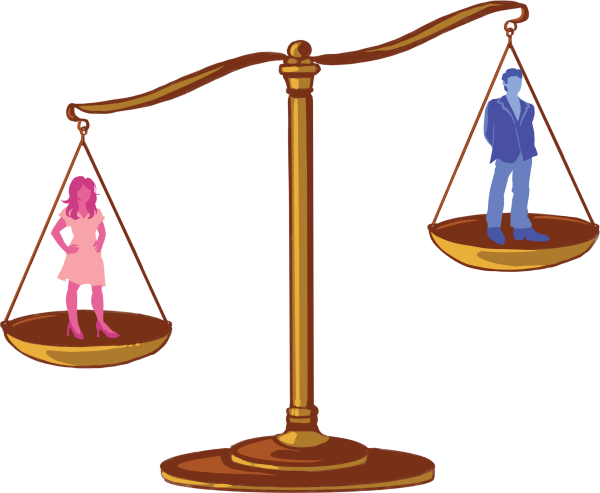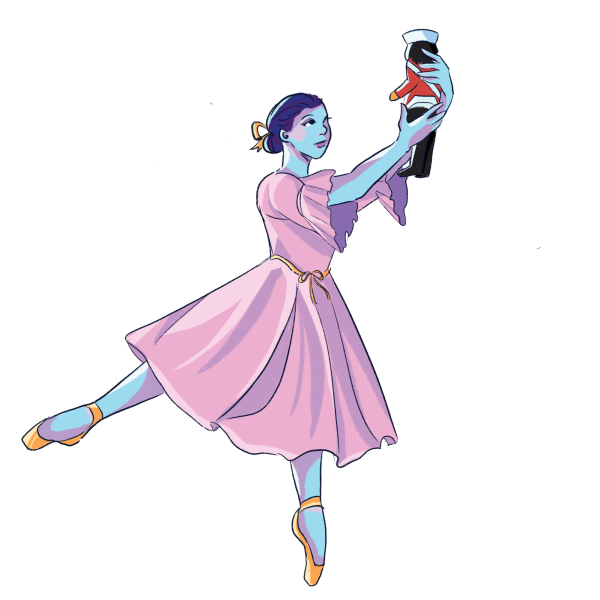Editorial: Award Shows Lack Inclusivity, Raise Questions of Validity: Award Shows’ Long Term Biases Have Become Illuminated, Highlighting a Need for Restructuring
May 28, 2021
Injustices such as rigged voting and a lack of representation have existed within many award shows since their creation. Although they can be entertaining to watch, it’s difficult to appreciate the celebration of the events when the biases that award ceremonies can show towards certain artists, groups and genres becomes much too obvious.
One such award show is the Academy Awards, popularly known as the Oscars. The awards are meant to be handed out based on artistic and technical excellence in the film industry, but in assessing winners of bigger awards in major categories, it is clear that there are other factors at play. Ever since the Oscars began, there have seemed to be other factors in the Academy’s selections of award winners, like ethnicity and gender.
Statistics show that the Oscars tend to give out awards to people who are typically white and male, according to the Daily Emerald. 99% of Best Director winners at the Oscars from 1927-2015 were white and mostly men. From 1928-2015, 98.9% of Best Actress winners and 93.2% of Best Actor winners were also white. This received a lot of criticism.
In 2015, the Oscars claimed they would double the number of women and people of color in their staff by 2020, but despite their claims, a year later in 2016, 91% of members were still white, and 76% of members were male, according to the Daily Emerald. It’s also important to note that the Oscars only started making substantial efforts to increase inclusivity within its members after negative publicity, and even then, they haven’t done a very good job.
Corruption within award ceremonies extends beyond just the Oscars. Other award shows such as the Grammy Awards, which celebrates popular artists in the music industry, face similar problems. The Grammys’ record on diversity, both behind the scenes and at the winner’s podium, has been poor. Their record of favoring white men is similar to that of the Oscars.
In 2018, Lorde was the only woman nominated for Album of the Year, and she wasn’t even given a solo performance. Former Grammys CEO Neil Portnow said that women needed to “step up” when faced with questions about the Grammys’ gender imbalance, which tells you all you need to know about the intentions of some of the people in charge behind the scenes.
Many big-time stars have also been distancing themselves from the event as the Grammys’ biases have become more evident. Most recently, The Weeknd said that he would be boycotting the Grammys from now on and informed the media that in the last 61 years of the award show, only 10 Black artists have won the Album of the Year award.
The Weeknd isn’t alone. In 2016, Frank Ocean declined to submit his album “Blonde” to the award show, saying that the Grammys don’t “seem to be representing very well for people who come from where I come from and hold down what I hold down.” In 2017, Drake also expressed confusion at winning Best Rap Song for “Hotline Bling,” which, as he pointed out, was “not a rap song”. He later played down the importance of winning a Grammy during his acceptance speech in 2019 for winning the Rap Song of the Year Award with “God’s Plan,” and his mic was actually cut off before he could finish. In addition, Kanye West, who has won 21 Grammys but never in a major category, has also taken steps to criticize the award show’s behavior.
In the past, music by Black artists which has spanned many different genres, such as rap and R&B, has also been lumped into the generic “urban” category, originating from harmful stereotyping of Black communities. In early 2020, Tyler, The Creator won a Grammy for Best Rap Album with “IGOR,” which some may not consider to be a full-on rap album, and criticized the Grammys for miscategorizing music by people like him as urban or rap. After a lot of public controversy, the Grammys announced that they would rebrand the award for Best Urban Contemporary Album as Best Progressive R&B Album in June 2020.
Although the Tony Awards, or the Tonys, have begun to more effectively address bias in their decision-making process, they also have a habit of picking mostly male actors for their awards. In addition, at the 2019 Tony Awards, Gabriella Momah was nominated for the Featured Actress award even though they identify as nonbinary. This issue also has yet to be properly addressed by the award show.
The Oscars, Grammys and Tonys are just a few of the many award shows that need to be restructured. And perhaps they are just part of a dying format. Award shows are notorious for their biased decisions, and at the moment, they seem to be hopelessly prejudiced. Having others call out award shows for their discrimination inspires others to do the same. Hopefully, in the future, we can make it so that everyone — from every race, gender and genre — has a fair shot at any award.








